Women on Work
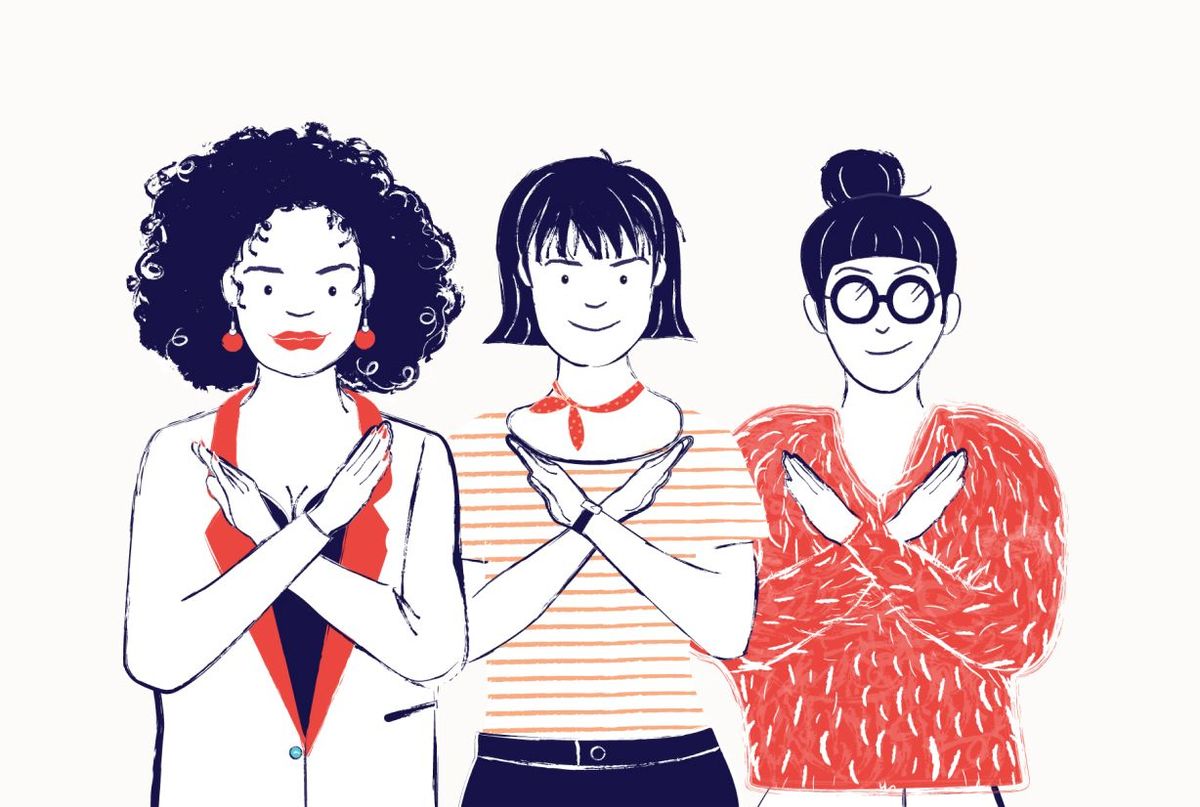
The working world can be a difficult place to navigate if you differ from the conventional idea of “who should be here”. That idea is particularly true for women and non-binary people entering male dominated fields, or management positions.
Ask any woman you know and she’ll have a story about being left out of meetings, being assumed to be the secretary not the boss, or having to work twice as hard to get half as far. For International Women's Day 2022, we gathered those stories.
Below are a collection of experiences from real women in the workplace.
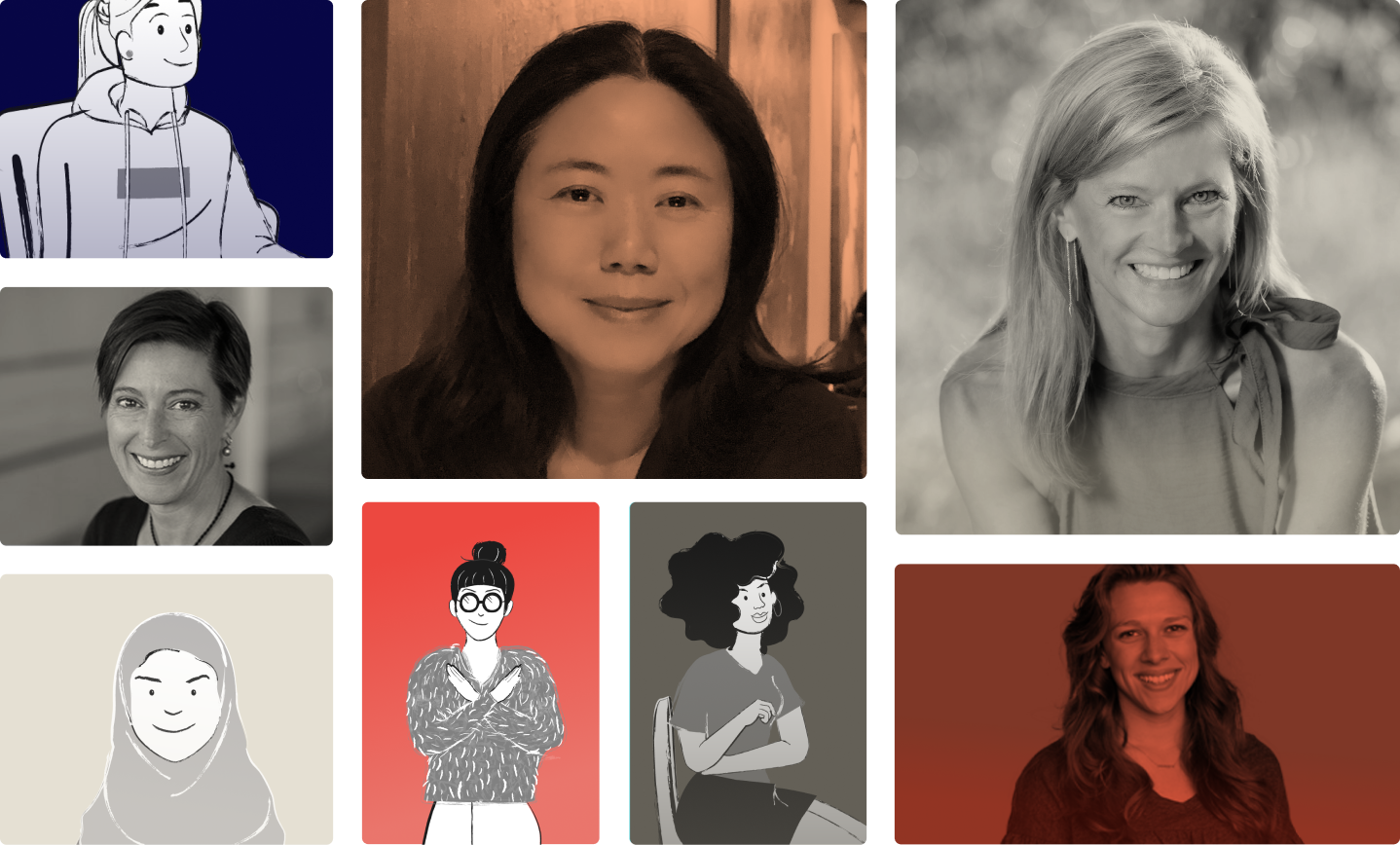
If women were in charge
How would the world of work look if women were in charge by default? We asked, and you answered.
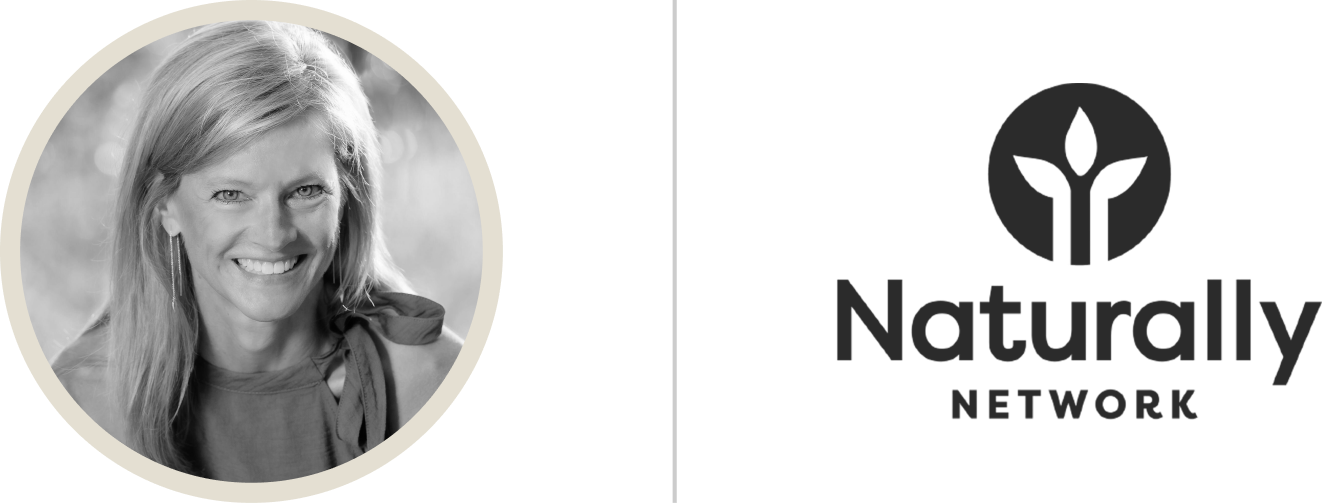
Sharon Reddehase Executive Director, Naturally Network
Most importantly it would be about respecting parenthood and the need to balance work/life. I am super hard working if I know my company trusts that I will get my work done…and I would /will do this as a leader as I’ve seen the results you get from the women I’ve worked with. Trust = loyalty = productivity!!!!
Anonymous
Stop seeing us as different, a threat, irrational. Start believing that we are capable, compassionate, and bring new sides to stories others cannot see.
Do this, not that
In the workplace, we’re often given direction - especially in junior roles. But what about the times we’ve been told to do something differently because of our gender?

Aimy Steadman Co-Founder & COO, Beatbox Beverages
Culture at work has changed positively over the past ten years of owning my company in the alcohol beverage industry. I work with male co-founders and the typical assumption was “oh, is this your wife?” rather than – “Is this someone you recruited to be your co-founder?” However there have been so many female founded companies in the past 5 years or so, that attitude is now changing. It makes me really happy to be part of the new normal. Now the conversation can shift. What else can we make normal now? How can we use the safety of being an accepted female leader to create safety and access for other folks that aren’t still yet represented?
Leah Campbell
Anonymous
Climb any sort of ladder. As a female creative, it was always my job to just 'do the work in front of me' and not reach for the stars. Promotions weren't given out to me and my female counters, only to the male counters. I had to earn them and it sometimes took nearly triple the time a male would have gotten it.

Kelsey Tripp Director of Engineering, Imperfect Foods
Time and time again, I am encouraged (whether implicitly or explicitly) to "stay in my lane" simply because male leaders aren't willing or able to envision what it would look like to do anything differently. Businesses would be much better off if they embraced the creativity and desire of their female employees to broaden their roles. I love being a technologist, but I think that I can have an even more meaningful impact if I'm able to contribute to an organization from both the technical and business lenses.
Wear this, not that
Unwritten dress codes often govern our experiences at the office, we wanted to know how has clothing been a part of your work life.
Anonymous
Early on in my career, a male co-worker approached me. He was incredibly concerned and told me that my breasts were being talked about by other male co-workers. He told me that I needed to make sure that I wore high neck shirts, so that the guys couldn’t see any cleavage. He blamed me for the fact that they were objectifying me. I was wearing a scoop neck and cardigan. Completely work appropriate. After that, I stressed about what I wore every day. For years, I would wear a “uniform”, with mostly shapeless tops and pants, to be more work appropriate. It took me a while to recalibrate and wear what I’m comfortable in.
Anonymous
I usually would dress down to avoid being hit on. Once when I had heels on and bare legs one of the developers followed me into the bathroom and tried to get me to have sex with him. I didn’t and fortunately, I was able to get out of the bathroom.
Anonymous
As a woman, I feel that there has always been an implied need to wear makeup to work. In the past, this has stressed me out. I was made to feel that if I wasn’t wearing makeup, I wasn’t looking professional, or would get comments about looking “tired” or “not yourself lately”. My male co-workers never get the same comments.
Leah Campbell
Study this, not that
Sometimes, we opt to study courses that feel ‘appropriate’ rather than the courses we’d truly enjoy, and if it was your choice alone.
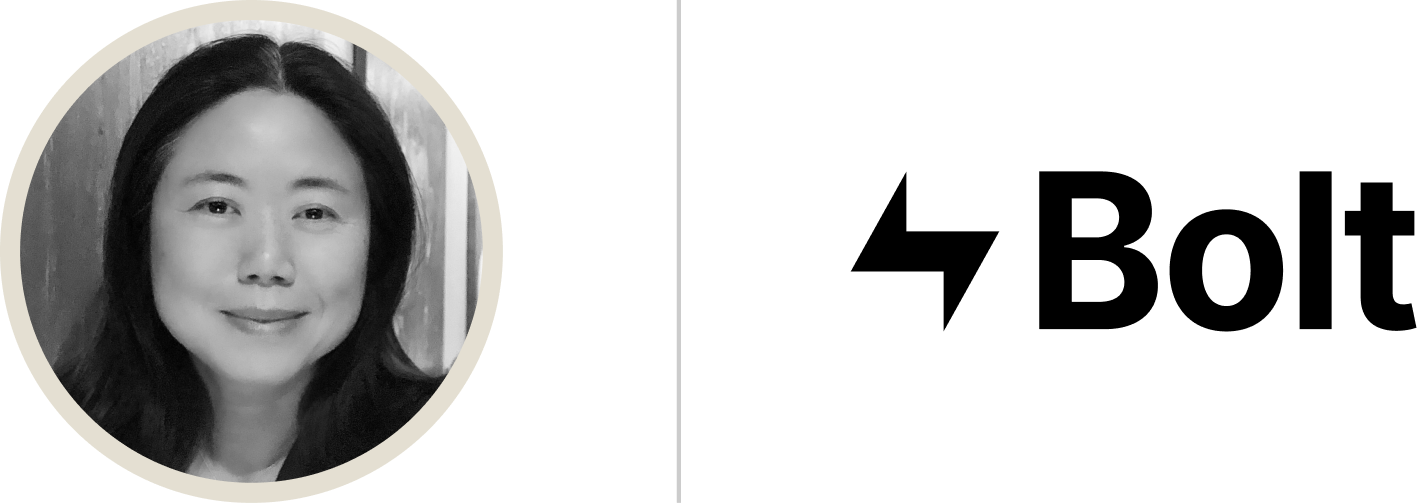
Joan Yin Engineering Manager, Bolt
I am very curious, and I followed my curiosity throughout my life and my career. When I was little, I loved science (I still do today), I went to public libraries to read science Journals every week, eventually I went to university and studied Chemistry and Biochemistry.
When I came to the United States for grad school, I came across the opportunity to do gene sequencing using powerful mainframe machines. That’s how I got curious and started to study computer science.
Unlike many engineers who wrote their first line of code at age 8 or 5, I wrote my first line of code at age 26. I loved it and completed formal education of computer science and started my career as an engineer.
Angel Johnson
Don’t ask me that
Everybody has that one question they know they’ll be inevitably asked at some point in their career. For women, those questions can be invasive, personal, and completely inappropriate.
Anonymous
I was asked so many times about when I am planning a kid and other personal stuff instead of how do I plan my career and how can the company support/guide me in achieving that.
My [breasts, vagina] got in the way
Near constant reminders of our gender in the workplace come in many different shapes, but the ones that are hardest to ignore relate to how the presence of our bodies change others perceptions of us.
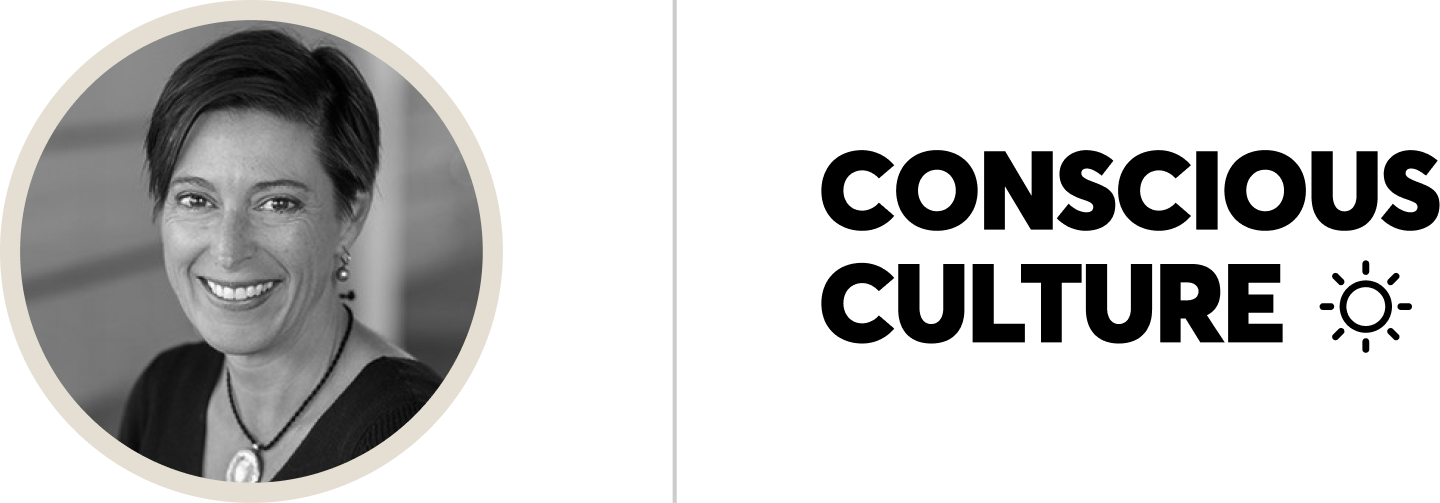
Heatherly Bucher Executive Director, Conscious Culture
Early in my career, I was pulled aside by a well-meaning female colleague with this advice: avoid v-necks and sheer blouses and always put on a jacket or vest before standing up for a presentation. Back then, I was overly endowed and had always been self-conscious of my size, hunching forward through school, trying to minimize myself. I took this workplace advice to heart, as it followed the narrative I had seen and experienced. I realized later that it was a part of the assumption that to fit in, be accepted, and succeed in high tech industry as a woman, the burden was on me as a woman, to be more like a man, not be seen as an object, target, other.
Anonymous
Ahh plenty of times! The worst being when despite having a sick kid, I pulled off a tight timeline project (just had to do a lot working from home) but I was refused a promotion because of this incident and that as a working mother I was not reliable enough to be the manager! And this was when the client openly appreciated my knowledge and efforts and attention to detail and timeline in front of my management. On another occasion, I was 'Subtly' suggested that the concept of a working mother is a myth, as a woman can either be a good mother or a good professional.
Wendy M Baker
Re-writing your career story
No good story has a straightforward plot. We asked women about the twists and turns their career story has taken.

Stefanie Studt Director of Talent, Media.Monks
To start, I truly believe that every experience that we have leads to where we are today. With that being said, I would go back and tell younger Stefanie to be truer to herself earlier. When I first started my career, I was pretty quickly faced with the challenge of being told "no" when it came to my ideas and having to "learn my place". Sometimes, I would drop those ideas because you know what? They weren't that great. But sometimes I would let that feeling of disappointment linger because I was confident in my abilities and could make an impact, and knew I wasn't standing up for what I believed in. A pivotal moment in my career came when I taught myself that I deserve to be heard and deserve to be valued as an employee and as a person. And therefore I deserve to work at a company that will give me those things. Since I made the decision to stand firm in my own beliefs and values, I have had a much easier and less stressful time when it comes to decision making. It is okay to be who you are and think what you think, young Stefanie. It is okay to know your worth and to leave something behind if you aren't being valued. It is okay for your personal self and work self to be the same. You are much better just being who you are because that is where your true strengths and creativity can start to shine though.
Laura Levinsohn
Anonymous
While I was working at a large company leading initiatives, my boss was male and his boss was male. I loved my job and kept doing exceedingly well. Every time I would launch an initiative successfully, my boss would get promoted, his boss would get promoted and they would give me an award. I spoke to both of them about me actually getting promoted and they made empty promises. That was hard! Over time I got a mentor/sponsor who told me to keep doing what I'm doing. Keep knocking it out the park. Keep producing amazing work. She then offered me a promotion on her team and I was ecstatic.
Complicit
Sometimes it’s easier to not speak up. This is a story about those times.
Heatherly Bucher Executive Director, Conscious Culture
I know there have been times in my career when I have been complicit. I didn't feel comfortable speaking up; I was afraid of repercussions; I reasoned that someone else more senior should; I didn't prioritize the time; I simply wasn't paying attention. I won't excuse this and I apologize to other women whom I've been complicit in bringing harm to. As I've gained in experience and confidence, I've made it now a personal commitment to not be complicit and to offer whatever leverage and cover I can provide to those who are afraid or feel they don't have the capital to speak up.
We need active participation from a diverse team; we must have checks and balances; we benefit from a collaborative, respectful workplace where everyone contributes. To reach this, we must have shared power and equity at every single level of business and across the value chains and business support system from VCs and investors to founders and executives to teams. If I could wave my magic wand, we'd have that diversity and equity tomorrow in every industry and government agency, staring with boards and executives, congressional and parliamentary bodies, and judicial bodies.
Sharing a proud memory
Being proud of the work you do is an important part of any career. We all hope that the place we spend the majority of our time can also bring us some happiness. We asked what your proudest work memories are.
Anonymous
I found out I was pregnant during finals week in law school and was pregnant for the majority of my last year. Sometimes even walking across campus with a bunch of books was difficult but my professors were always super helpful and supportive all throughout. I ended up being the only person in my graduating class to have a newborn there during graduation (she cried during most of the ceremony lol) but that day is one of my proudest and most favorite empowerment memories! It's just incredible what women can do!
Overcoming imposter syndrome
When the world of work can often be hostile to women, it’s no wonder that sometimes we feel like we don’t belong. But how do you get over that imposter syndrome?
Anonymous
Imposter syndrome comes in waves for me. When I'm feeling confident in my work and like I know what I'm doing, imposter syndrome is nowhere to be seen. But when I'm feeling stretched and challenged by a new project, I immediately doubt myself and my skill-set.
The anxiety that comes with imposter syndrome is exhausting, but the biggest thing that's helped is working on my self confidence. For the past year I've been focusing a lot on self esteem and learning to set boundaries (both personally and professionally). When I start doubting my skills because of a new challenge, I have to stop and tell myself that I am capable and can learn how to do this, and that I am allowed to ask for help.
Anonymous
This is something I deal with every time I join a new company. There are always nerves and questions of "Do I have what it takes?" "Will the team respect me?" "Will they trust me to make decisions?" I constantly have to tell myself at the beginning that there's a reason I was hired. There are things the team saw in me that got me here.
When I look back on my career, the accomplishments are there. I've made a big impact and have forged strong and lasting relationships not only with my teammates and managers but also with leadership up to the C suite. What am I so worried about?? I've crushed it and I shouldn't be afraid to say that. There is nothing wrong with owning the work you've put in and the successes you've had. It can be easy to forget those things sometimes, but I try to remind myself of them often. You are good at what you do, and you're here for that reason. Own it!
Overcoming the fear of making a mistake
Nobody enjoys being wrong, especially when it comes to work. But making mistakes is a natural (and inevitable) part of life.
Anonymous
Like anyone else, I don't look forward to making a mistake. But I have realized that if I make a mistake today, it is a learning for tomorrow. And if you are lucky, a mistake might even become a humorous anecdote in your career!
How many conversations or decisions are you making at work every single day? Probably a lot. So if you are not making a mistake every now and then, you are likely playing it too safe. Push yourself, don't let fear of making a mistake or being wrong every once in a while hold you back. Perfection is overrated.
My other perspective is that you can't take yourself too seriously. We're all human. We are often more forgiving to others than we are with ourselves. So cut yourself a little slack, learn from your mistake so you don't make the same mistake twice, and move on.
Finally, be gracious and own your mistakes. Own it and show that you have learned from it. You will be viewed as stronger and wiser because of it.
Thanking others
No woman is an island, here are our stories about times we’ve been able to thank others.
Sharon Reddehase Executive Director, Naturally Network
Sharon Francia - she was my hero...she was a solo female engineer at Dell and HP/Compaq and instead of being put out, she stood up and did not stay silent...she taught me to do the same.
Uchechi Joy Eziashi
Anonymous
To my sexist manager; thank you for giving me the boot when I was told to run around the hoops you told me to -- and I didn't complete them on your terms. Not only did it catapult me into an industry and company that I deserved to be in, it gave me the confidence to speak up louder, more proudly, and much more honestly to be heard and seen as someone who deserves what she earned on her own.

